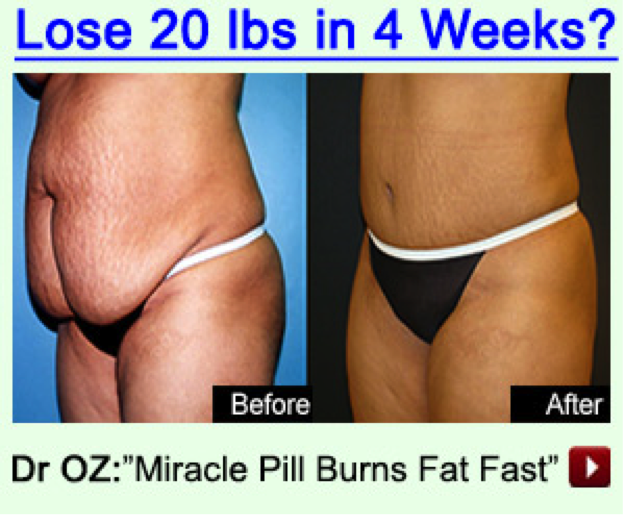
Week in Review
Oil, heating pads, rugs, razors, and drinks – no, this isn’t about preparing for a romantic interlude, but rather the products featured in the I-think-you’re-lying-to-me category during the week of…
Presentation given by TINA.org Executive Director to congressional staff for National Consumer Protection Week 2016.
| Bonnie Patten
Below is a National Consumer Protection Week 2016 presentation by TINA.org’s executive director given to congressional staff members.
TINA.org’s mission is to educate consumers about false and misleading advertising. We accomplish our mission in a variety of ways — through education, investigative journalism and legal advocacy to name a few.
Millions of consumers have used our resources over the years. Some of the top consumer complaints include negative option offers, pyramid schemes, Made in the USA claims, and unsubstantiated health claims.
In addition to our work with, and for, consumers, TINA.org has had a number of successful collaborations with both federal and state regulators.
By way of example, we’ve worked with the FTC on:
The FDA is currently utilizing TINA.org’s research and work with regard to false and deceptive marketing within the e-cigarette industry.
In addition, a number of U.S. Congressional offices have reached out to us for assistance analyzing pending legislation. We’ve also provided advertising evidence for at least one congressional hearing (specifically, the hearing with Dr. Oz that focused on deceptive weight loss claims).
We’ve also held two information sessions on the Hill to help educate staffers about the differences between MLMs and pyramid schemes. And we’ve collaborated with several state agencies on a number of cases.
One deceptive marketing pitch that consumers need to be aware of and that may be of particular interest to you, given pending federal legislation, is Made in the USA claims.
It may surprise you to learn that the law defining what is and is not a Made in the USA product is not all that clear. And unlike many other issues where there are competing state and federal laws, (including a recent change to California’s Made in the USA law). But it can be said that federal law really does control this advertising issue.
To date TINA.org has filed two complaints with the FTC– one against Walmart and the other against Revlon, which owns the Almay makeup line – for making false and deceptive Made in the USA claims.
TINA.org documented hundreds of false Made in USA claims on Walmart’s website – both qualified and unqualified. We found products labeled Made in the USA on the website that were actually made in other countries such as China, Taiwan, and Mexico. As a result of our investigation, Walmart pledged to the FTC it would remove all Made in the USA labels from Walmart.com and currently has a disclaimer on each individual product page that states its Made in USA representations may not be accurate.
With regard to Revlon’s Almay, TINA.org filed an FTC complaint showing that the company was making an unqualified, implied Made in USA claim with its marketing even though almost all of its products were not made in other countries. As a result of our complaint, Almay changed its tagline from “Almay Simply American” to “Almay the American Look” and has updated its marketing materials accordingly.
What I hope you take away from this short introduction to TINA.org is that we can be a great resource for you and your constituency in a number of ways:
Oil, heating pads, rugs, razors, and drinks – no, this isn’t about preparing for a romantic interlude, but rather the products featured in the I-think-you’re-lying-to-me category during the week of…
During the week of February 4, 2013, digestion, food, and make-up bubbled to the top of the legal I-think-you’re-lying-to-me landscape. Three new false advertising class actions were filed: Maybelline was…
First reaction: totally gross. Second reaction: hello Photoshop!
